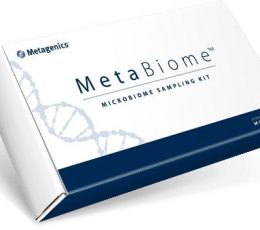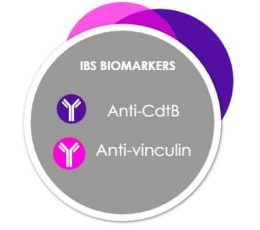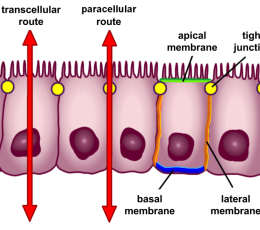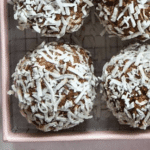The explosion of research in the area of the gut microbiome in recent years has revealed what natural medicine proponists have been saying for over a century: The gut microbiome has a critical role in health. Both good health and poor health. Not only does the gut microbiome influence digestion and the your immune system, it has far-reaching effects on many aspects of health.
Dysbiosis is an imbalance of unhealthy and healthy microbes. It can also occur in the mouth, as well as other body site. It may be a factor in weight gain, sugar cravings, heart disease, high blood sugar, high cholesterol, autoimmune diseases and other health problems.
![]()
Microorganisms (e.g. bacteria, fungi, viruses, archaea, etc.) can be found everywhere – in and on plants, animals, water, soil, food and humans. Within each of those habitats, microorganisms live together in communities called microbiomes. Microbiomes influence the health of humans and the entire planet therefore, scientists are exploring how these communities of organisms coexist with us and with our environment.
While some microbe produce methane, others have the capacity to break it down, helping to slow climate change.
The Microbiome in the Food System
Awareness of the microbiome and it’s importance has increased considerably over the last few years, but it is largely limited to the microbes associated with gut health. Of course that’s important, but the microbes we live with are part of our wider ecosystem, and they are important too!
MicrobiomeSupport has produced a video aimed to engage the general public. The video:
- explains that the microbiome is everywhere in the food system
- outlines the importance of microbes for a healthy, sustainable, safe and nutritious food system
How Does the Gut Microbiome Contribute to Your Health?
99% of your microbiome is in your digestive tract. Overall, we are have an estimated 10 trillion cells – more than human cells. Their collective DNA outnumbers ours in exponential portions.
Over the lifetime of most people, their digestive tract has to process some 60 tonnes of food! Incoming as collateral passengers is an abundance of microorganisms the food and our environment – creating a big challenge for the immune system of the gut.
The gut microbiota is the collection of fungi, bacteria, archaea, viruses, protists etc, that inhabit the gastrointestinal tract. The assembly has co-evolved with humans, forming form an intricate and (usually) mutually beneficial relationship.
Recent scientific advances mean that we now know much more about the microbes in and on the body. Using genetic sequencing technology, we can identify many microbes that formerly escaped from our view due to not being able to be cultured outsdie the body. What’s more, not only can we see “who” they are, but we have insights as to “what they can do”. Bacteria, like us, have genes that allow them to do different things. One example is the ability to use lactose for fuel. Just as some humans do not have the ability to break lactose down (leading to lactose / dairy intolerance), some bacteria possess the enzyme to utilise it. So consuming milk may cause problems for more than one reason.
Research into interactions within the body and their relevance to health and disease is an exciting area for science. It is also the topic of the PhD of Sharon Erdrich, who is investigating the relationship between the gut microbiota, it’s metabolites and symptoms in women with fibromyalgia. You can read about The FIDGIT Study here.
The two terms microbiota and microbiome are often used interchangeably, but the are different.
How do I Find Out if I Have a Healthy Gut Microbiome?
There is no clear definition of a healthy microbiome. However, everyone has their own “healthy”.
Your gut microbiome is influenced by all the things you’ve been exposed to since your conception. We know that the birth of a baby is a critical seeding time for microbes, and evidence has emerged that suggests that our microbial exposure may start even earlier.
Every life event, contact with animals, soil, medicines, other people, the food and beverages we consume, even the climate – all have the potential to affect how our microbiome develops.
One thing is clear. A diverse microbiome is critical for resilience. Think of diversity in the context of a forest. A forest with very few tree species supports a limited range of life-forms and is vulnerable to disease, whereas a naturally diverse habitat is robust and vibrant, with the ability to out-compete potential invaders.
We can assess the diversity of your gut microbiome as part of a stool test that uses a technique called “shotgun metagenomics”. With this we get a great print-out of what the organisms can do, as well as “who they are”.
If we are concerned about pathogens, then a PCR test, which is a targetted look for organisms that are known to be associated with problems, is recommended. This test also reports on the chemistry of the stool – so can give an indication of how well digestive processes are working.
The human body is host to trillions of microbes – bacteria are just one of the types of bacteria. Most are innocent co-habitants, some are incredibly important and useful, and a few are harmful.













